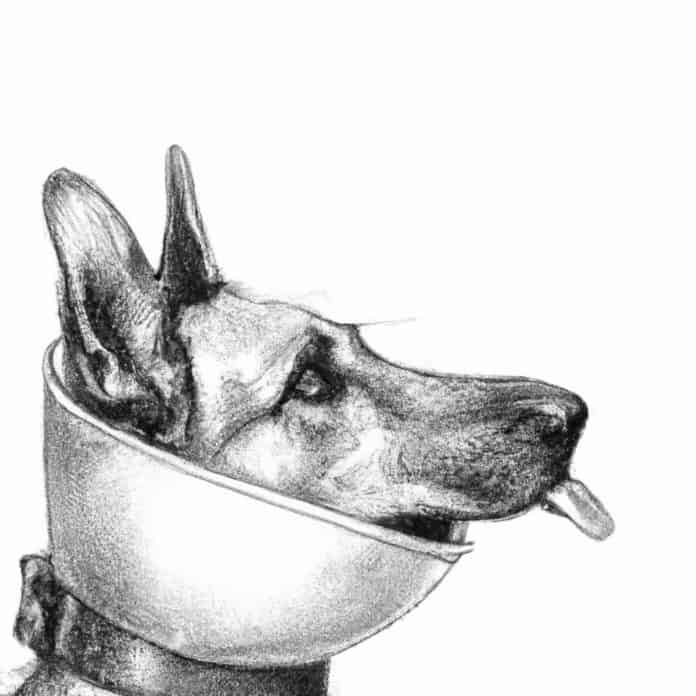Dear VetBabble, How Can I Stop My Dog with Cancer from Licking Its Tumor and Making It Worse?
As caring pet owners, we always want to make sure our furry friends are happy and healthy. Unfortunately, sometimes our pets become unwell and develop issues like cancerous tumors. One of our readers has a dog with a cancerous tumor on its front wrist, which the dog has licked raw and caused to bleed. They have visited their vet and had the dog put on antibiotics, but they are concerned about how to prevent their dog from continuing to lick the area, making it worse. Read on as we cover three important aspects to consider in this situation: addressing your dog’s need to lick, preventing licking, and healing the affected area.
Understanding Your Dog’s Need to Lick
The first step in addressing your dog’s licking behavior is to understand why they are licking in the first place. Your pet may be licking the tumor because it is itchy, uncomfortable, or in pain. Make sure to ask your vet about appropriate pain medications if you think your dog is feeling discomfort. Another reason your dog might be licking its wrist is to groom the area, which is a natural instinct in dogs. Take a look at this informative article about Why Does My Dog Lick His Paws? for more information on why might your dog be licking its tumor and how to address this issue.
Preventing Licking
The best way to stop your dog from licking its tumor is to use an Elizabethan or “E” collar, also known as a cone, which can be purchased at your veterinarian’s office or a pet store. The E-collar is designed to prevent your dog from reaching the affected area, allowing it to heal without being further irritated. It’s also essential to keep your dog entertained and distracted from licking its wound. Provide them with toys, chews or interactive playtime to take their mind off the tumor. Make sure to keep an eye on your dog, especially when they are left alone, and try to redirect their focus if you notice them attempting to lick the area. In some cases, licking could be caused or exacerbated by environmental factors, like wandering jew plants, which can cause itchiness in dogs. Ensure your pet’s environment is free from any potentially irritating elements. Check out this helpful article on Why Does Wandering Jew Make My Dog Itch? to learn more about how certain plants may affect your dog.
Healing the Affected Area
While preventing your dog from licking the tumor is crucial, it is equally important to care for the affected area. Ensure the wound is clean and dry, applying any medications prescribed by your veterinarian as directed. In addition to veterinary treatment, there are also ways to help your dog’s wounds heal at home. Read this informative guide on How to Treat your Dog’s Wounds at Home for tips and advice on caring for your pet’s injury. If your dog’s tumor is not healing despite your efforts, it may be necessary to consult with your veterinarian about the possibility of surgical removal or further treatment options. Lastly, monitoring your pet’s nails is essential, as this can affect their licking behavior. Broken or overgrown nails can become uncomfortable or painful, leading your dog to lick their paw. Read this helpful article on How to Prevent and Treat a Broken Nail on a Dog for maintaining your pet’s nails properly and preventing any additional discomfort. By understanding your dog’s need to lick, preventing licking behavior, and caring for the affected area, you can ensure your pet receives the best possible care during their healing process. Always consult your veterinarian for professional advice and treatment options tailored to your dog’s specific situation.









